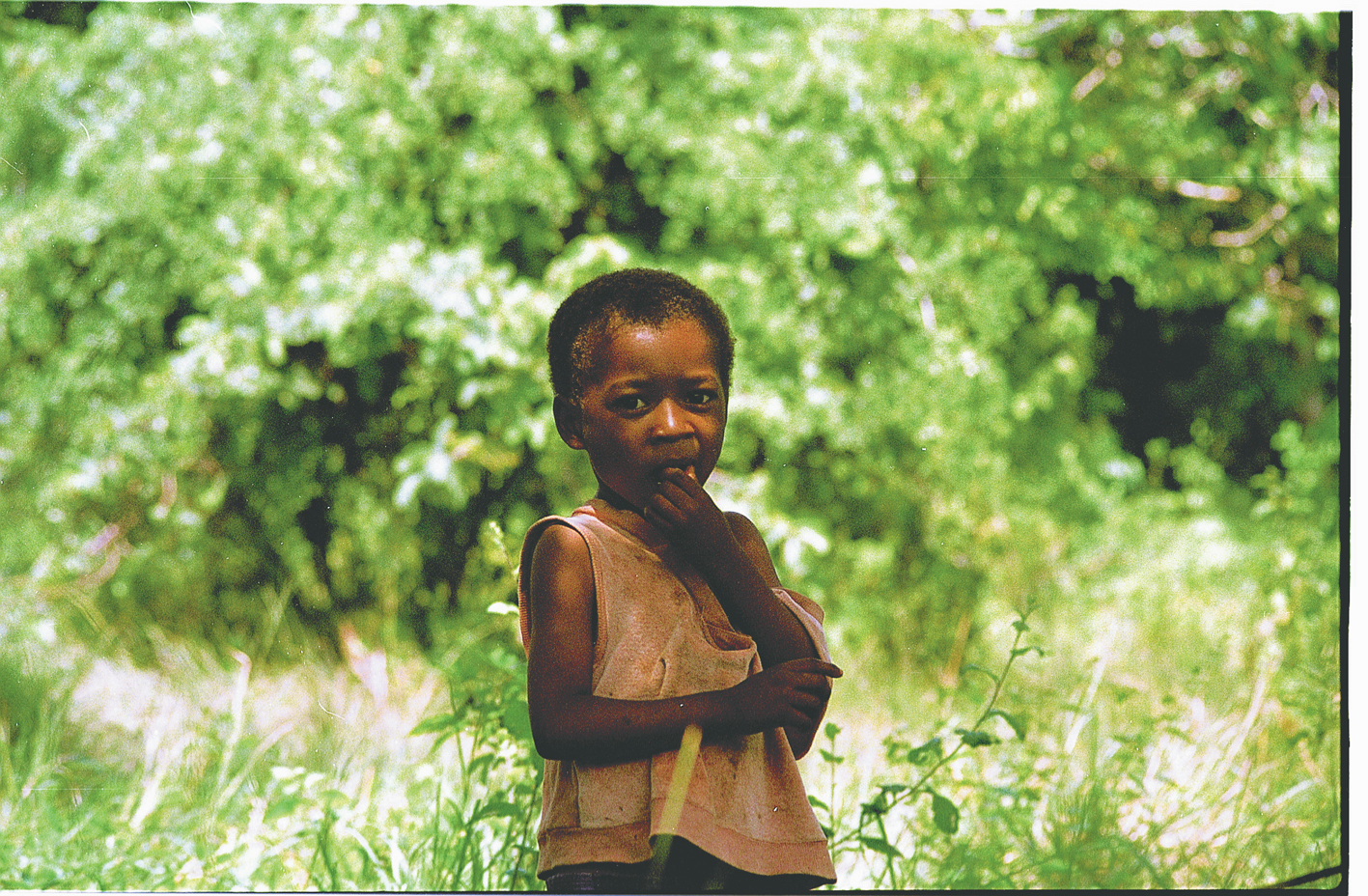As long as there has been literature, there has been a desire and need to group it into categories. There is no officially agreed set of literary genres, and the more I become involved in the publishing industry, the more I realise that these days genre is as much about target audience and marketing strategy as it is about stylistic categorisation or plot type.
It seems that many publishing houses and literary agents are increasingly focused on categorising books by what they believe a given demographic will buy and read, rather than the contents of the books themselves. This makes it incredibly difficult for writers whose work crosses age, gender or racial boundaries and has potential appeal to a wider audience. You’d think wider appeal would mean a more saleable book, right? Not according to the experts.
Let’s take the genre currently known as Young Adult, for example. (Note: to me this has always been a ridiculous name for the age-group spanning the years between 12 and 18: since when is a twelve-year-old ANY kind of adult? But that’s a rant for another day.) The basic requirement for a Young Adult novel is that its protagonist is between the ages of 12 and 18 years (though 13 to 17 seems to be the best bet), and deals with the sorts of issues kids in this age range are interested in and go through themselves (or, if we’re going to be totally cynical, what older people think kids in this age range are interested in). While I believe there’s a very appropriate safety-net involved in this categorisation, (you can at least be fairly confident they’re not going to contain a lot of gratuitous sex, swearing or violence), to suggest that all people this age like the same kind of books is ludicrous. Do all people between 30 and 50 like the same books? So then a sub-genre system is employed; we have YA Contemporary, YA Fantasy, YA Sci Fi… and so on.
So what’s wrong with that? you ask. Nothing. Except that it pigeonholes both the books and the people who might read them. If you categorise books by life-stage, you’re saying that once you’ve completed a life-stage, you no longer have any interest in it, even for nostalgia’s sake. Or if you haven’t reached a certain life-stage, you can’t be interested in it yet.
Have you ever felt embarrassed because you enjoyed a Young Adult title, even though you’re in your twenties, thirties or older? I know plenty of people who were embarrassed to admit they’d read and loved The Hunger Games trilogy simply because it was classified YA. And yet, had the protagonist been just a couple of years older, it would have been marketed as Adult Dystopian, and those people would have been able to proudly proclaim how much they enjoyed it.
Then there is the lost genre, dubbed ‘New Adult’ by St. Martin’s Press in 2011. A ‘New Adult’ is someone in the approximate age range of 18-25, dealing with the pressures of becoming responsible for his or her own life for the first time. It’s a period in anyone’s life fraught with change, stress, excitement, adventure… all the ingredients for a great story. And yet, this genre is a black-hole according to a vast number of agents and publishers. Why? Because apparently 18-25 year olds don’t read.










